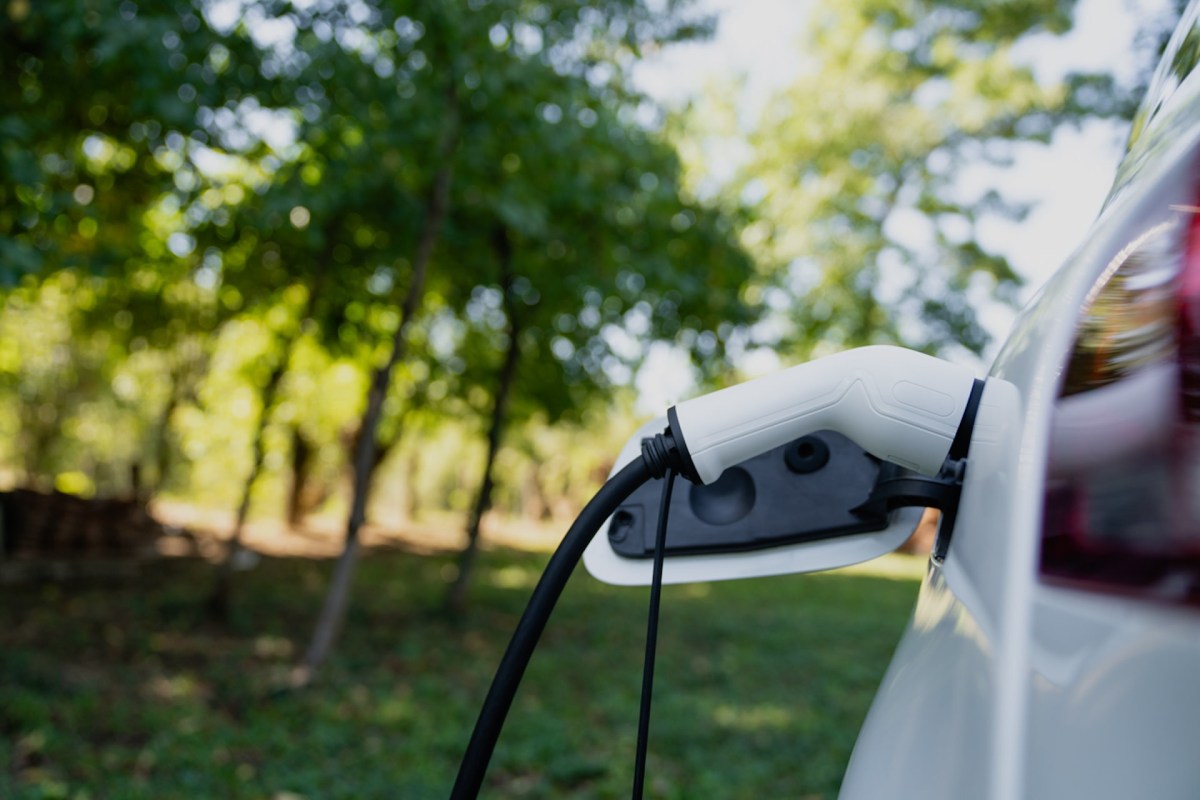A new study has revealed how electric vehicles can have an even greater positive impact on the planet.
Coltura, an environmental nonprofit based in Seattle, found that the top 10% of motorists — meaning those who drive an average of about 40,200 miles a year — use about one-third of the gas used for transportation in the U.S.
The research detailed that the number of EVs driven isn't nearly as important as who's driving them, and some states are trying to figure out how to get these more regular drivers behind the wheels of EVs.
Many of these drivers are in a lower income bracket, live in rural areas, and tend to drive larger trucks or SUVs — vehicle styles largely lacking in the EV market. The cost of an EV is also a major obstacle for many of these drivers.
California State Assemblymember Phil Ting, who has introduced multiple bills aimed at creating incentives for low- and middle-income long-distance drivers to switch to EVs, said, "We're at a point where we need to start targeting our electric vehicle policies toward the people who are harder to reach."
Lawmakers in Maryland, Vermont, and Washington have also proposed policies that would encourage high-mileage drivers to switch to electric.
Passing legislation to help high-mileage drivers find their way into an EV would provide many benefits. For some, it would mean they wouldn't need to spend a huge chunk of their paycheck on gas. For all, it would go a long way toward slowing down the warming of the planet, meaning fewer extreme weather events that wreak havoc on communities.
The Biden administration's Inflation Reduction Act has made some headway in encouraging people to go electric, with tax credits of up to $7,500 for EV buyers. The IRA also has incentives for installing solar panels, weatherizing your home, and the installation of heat pumps. All are designed to reduce the use of dirty energy.
Getting high-mileage drivers into EVs would do the same.
"States have usually focused on the number of electric cars sold as a metric of success," said Janelle London, co-executive director of Coltura. "But the health and economic and climate benefits come from reducing gasoline use. That's what we should be focused on."
Join our free newsletter for cool news and actionable info that makes it easy to help yourself while helping the planet.









